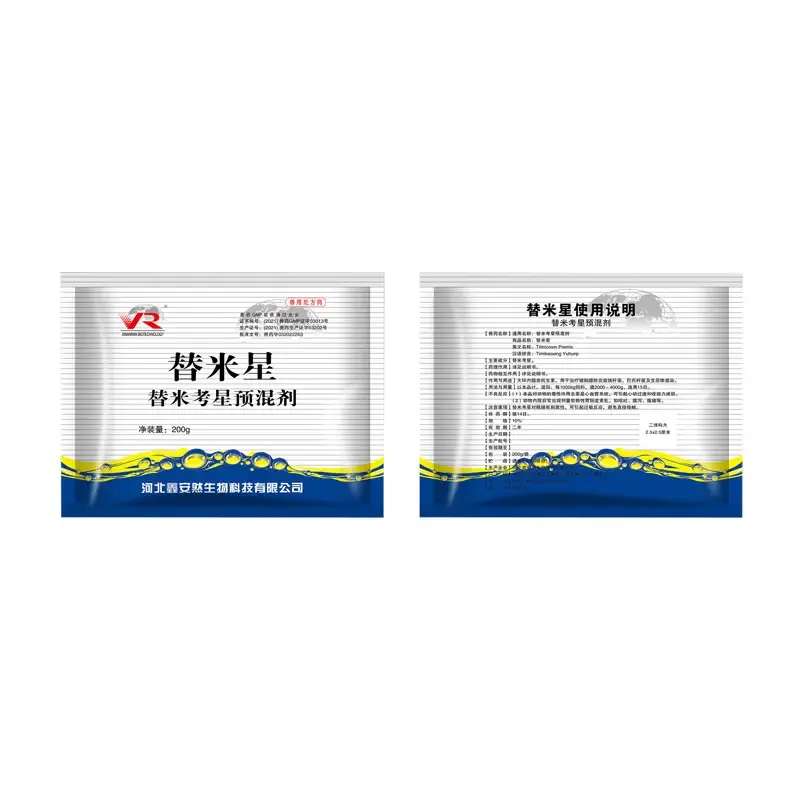- Afrikaans
- Albanian
- Amharic
- Arabic
- Armenian
- Azerbaijani
- Basque
- Belarusian
- Bengali
- Bosnian
- Bulgarian
- Catalan
- Cebuano
- Corsican
- Croatian
- Czech
- Danish
- Dutch
- English
- Esperanto
- Estonian
- Finnish
- French
- Frisian
- Galician
- Georgian
- German
- Greek
- Gujarati
- Haitian Creole
- hausa
- hawaiian
- Hebrew
- Hindi
- Miao
- Hungarian
- Icelandic
- igbo
- Indonesian
- irish
- Italian
- Japanese
- Javanese
- Kannada
- kazakh
- Khmer
- Rwandese
- Korean
- Kurdish
- Kyrgyz
- Lao
- Latin
- Latvian
- Lithuanian
- Luxembourgish
- Macedonian
- Malgashi
- Malay
- Malayalam
- Maltese
- Maori
- Marathi
- Mongolian
- Myanmar
- Nepali
- Norwegian
- Norwegian
- Occitan
- Pashto
- Persian
- Polish
- Portuguese
- Punjabi
- Romanian
- Russian
- Samoan
- Scottish Gaelic
- Serbian
- Sesotho
- Shona
- Sindhi
- Sinhala
- Slovak
- Slovenian
- Somali
- Spanish
- Sundanese
- Swahili
- Swedish
- Tagalog
- Tajik
- Tamil
- Tatar
- Telugu
- Thai
- Turkish
- Turkmen
- Ukrainian
- Urdu
- Uighur
- Uzbek
- Vietnamese
- Welsh
- Bantu
- Yiddish
- Yoruba
- Zulu
Nov . 27, 2024 15:47 Back to list
Ivermectin Injection for Sheep Effective Parasite Control and Health Management Solutions
Ivermectin for Sheep Injection A Comprehensive Overview
Ivermectin is a widely recognized antiparasitic agent that has become an essential tool in the management of parasitic infections in livestock, particularly in sheep. Derived from the bacterium *Streptomyces avermitilis*, Ivermectin is renowned for its efficacy against a range of internal and external parasites. This article provides an in-depth overview of Ivermectin as it pertains to sheep, discussing its applications, benefits, dosing, safety, and potential side effects.
Applications of Ivermectin in Sheep
Ivermectin is primarily used for the treatment and prevention of various parasitic infections. It is effective against nematodes (roundworms), arthropods (such as lice and mites), and other parasites. Common nematodes that affect sheep include *Haemonchus contortus* (barber's pole worm), *Teladorsagia* spp. (gastric fibroids), and *Trichostrongylus* spp. In terms of ectoparasites, it is also useful in eliminating lice and mites that can cause significant discomfort and health issues for the animals.
Benefits of Using Ivermectin
One of the significant benefits of Ivermectin is its broad-spectrum efficacy. A single administration can target multiple types of parasites simultaneously, streamlining the treatment process for farmers and reducing the number of medications required for effective parasite control. This not only saves time but also decreases stress for the animals.
Furthermore, Ivermectin is known for its favorable safety profile. When used as directed, it has minimal side effects in sheep. Its pharmacokinetics allows for a relatively long duration of action, meaning that the drug can remain effective for weeks after administration, which helps in controlling the rebound of parasite populations.
Dosage and Administration
The dosage of Ivermectin for sheep varies depending on the formulation and specific parasitic infection being treated. Generally, it is administered via injection at a typical dose of 200 micrograms per kilogram of body weight. It is crucial to administer the correct dosage to avoid underdosing or overdosing, both of which can lead to ineffective treatment or increased risk of adverse reactions.
ivermectin for sheep injection

When administering Ivermectin, proper injection techniques must be employed to minimize stress and discomfort. Intramuscular injection is a common practice; however, subcutaneous administration may also be considered. Farmers are encouraged to observe withdrawal times for meat and milk to ensure that residues do not present a risk to consumer safety.
Safety and Side Effects
Ivermectin is generally safe when used as instructed. However, potential side effects, although rare, may include allergic reactions, lethargy, or neurological signs in very rare cases. It is essential for farmers to monitor treated sheep post-administration for any unusual behaviors or symptoms.
Caution should also be exercised when using Ivermectin in pregnant or lactating ewes. Consulting a veterinarian prior to administration can help mitigate any potential risks and ensure the health and safety of both the ewe and her offspring.
Resistance Concerns
One of the challenges in using Ivermectin is the development of resistance among parasites. Over-reliance on a single class of antiparasitic drugs can lead to reduced effectiveness over time. To combat this issue, rotational deworming programs that incorporate different classes of antiparasitic agents are recommended. Additionally, fecal egg count monitoring helps guide treatment and reduce unnecessary drug usage.
Conclusion
Ivermectin injection for sheep represents a cornerstone of effective parasite management in the livestock industry. Its broad-spectrum efficacy, ease of administration, and safety profile make it a preferred choice among veterinarians and farmers alike. However, the challenge of parasite resistance necessitates a cautious and strategic approach to its use. By adhering to dosage guidelines, monitoring for side effects, and implementing integrated parasite management strategies, sheep farmers can continue to utilize Ivermectin effectively while ensuring the health and productivity of their flocks.
-
Guide to Oxytetracycline Injection
NewsMar.27,2025
-
Guide to Colistin Sulphate
NewsMar.27,2025
-
Gentamicin Sulfate: Uses, Price, And Key Information
NewsMar.27,2025
-
Enrofloxacin Injection: Uses, Price, And Supplier Information
NewsMar.27,2025
-
Dexamethasone Sodium Phosphate Injection: Uses, Price, And Key Information
NewsMar.27,2025
-
Albendazole Tablet: Uses, Dosage, Cost, And Key Information
NewsMar.27,2025













